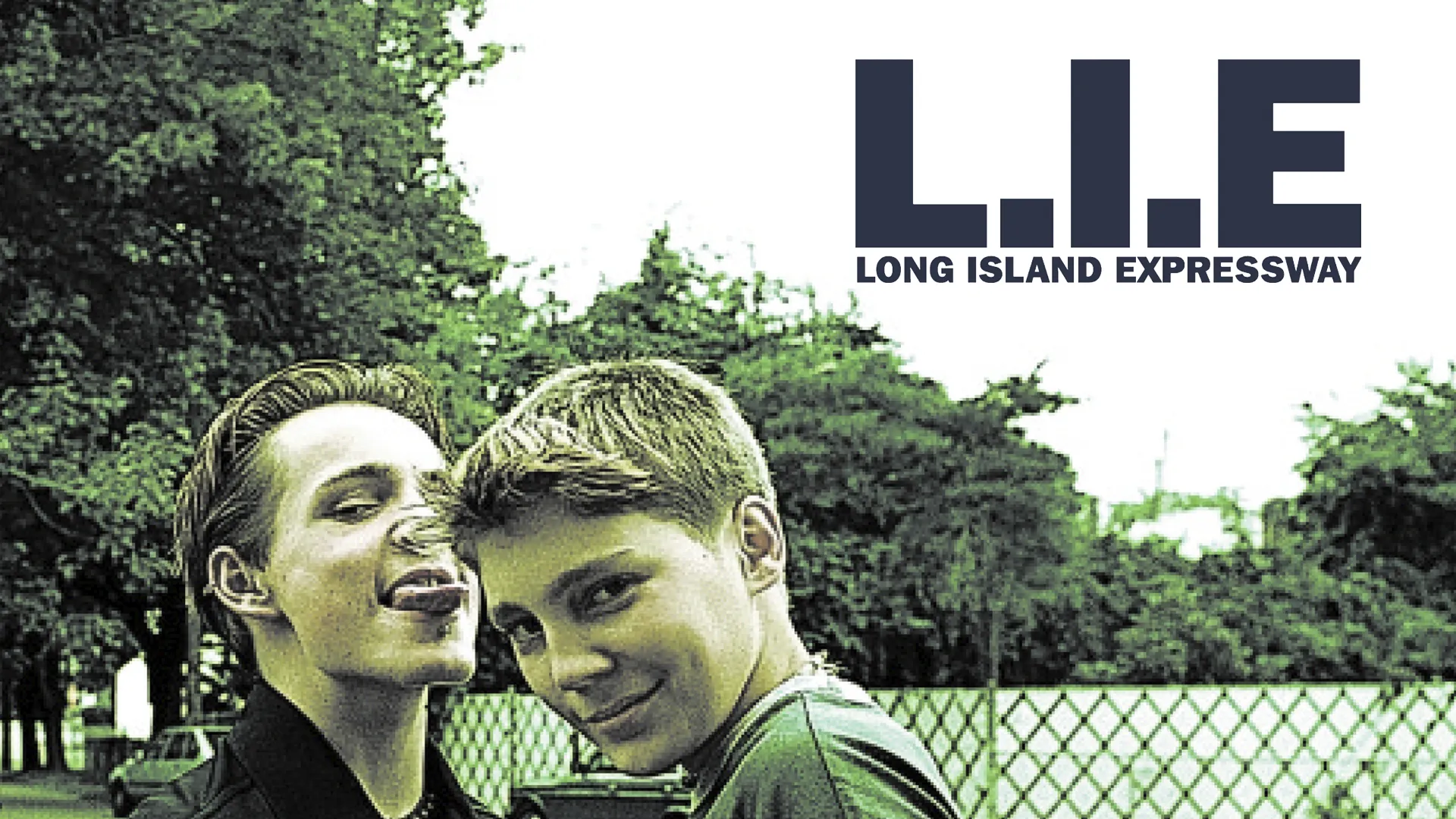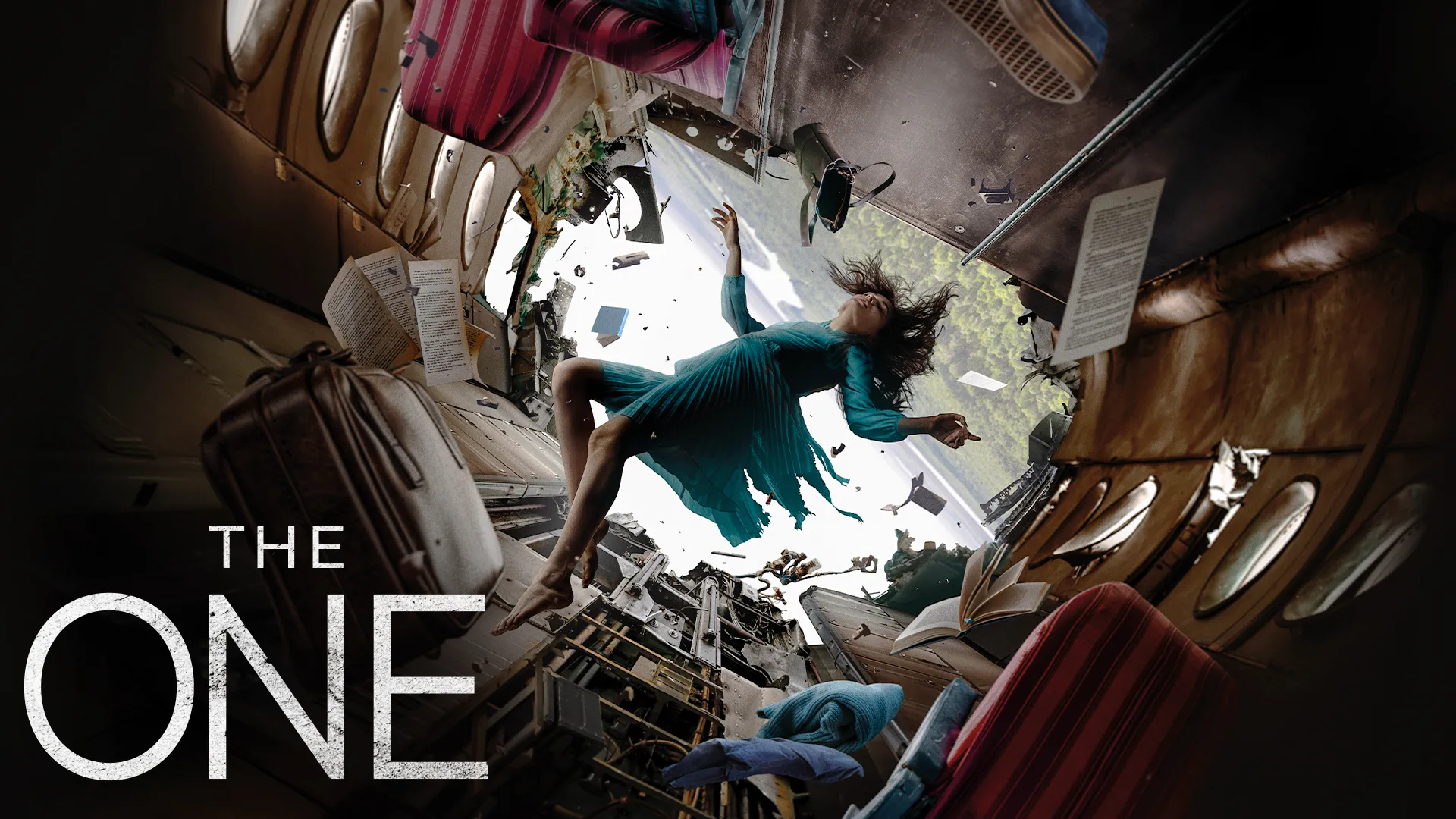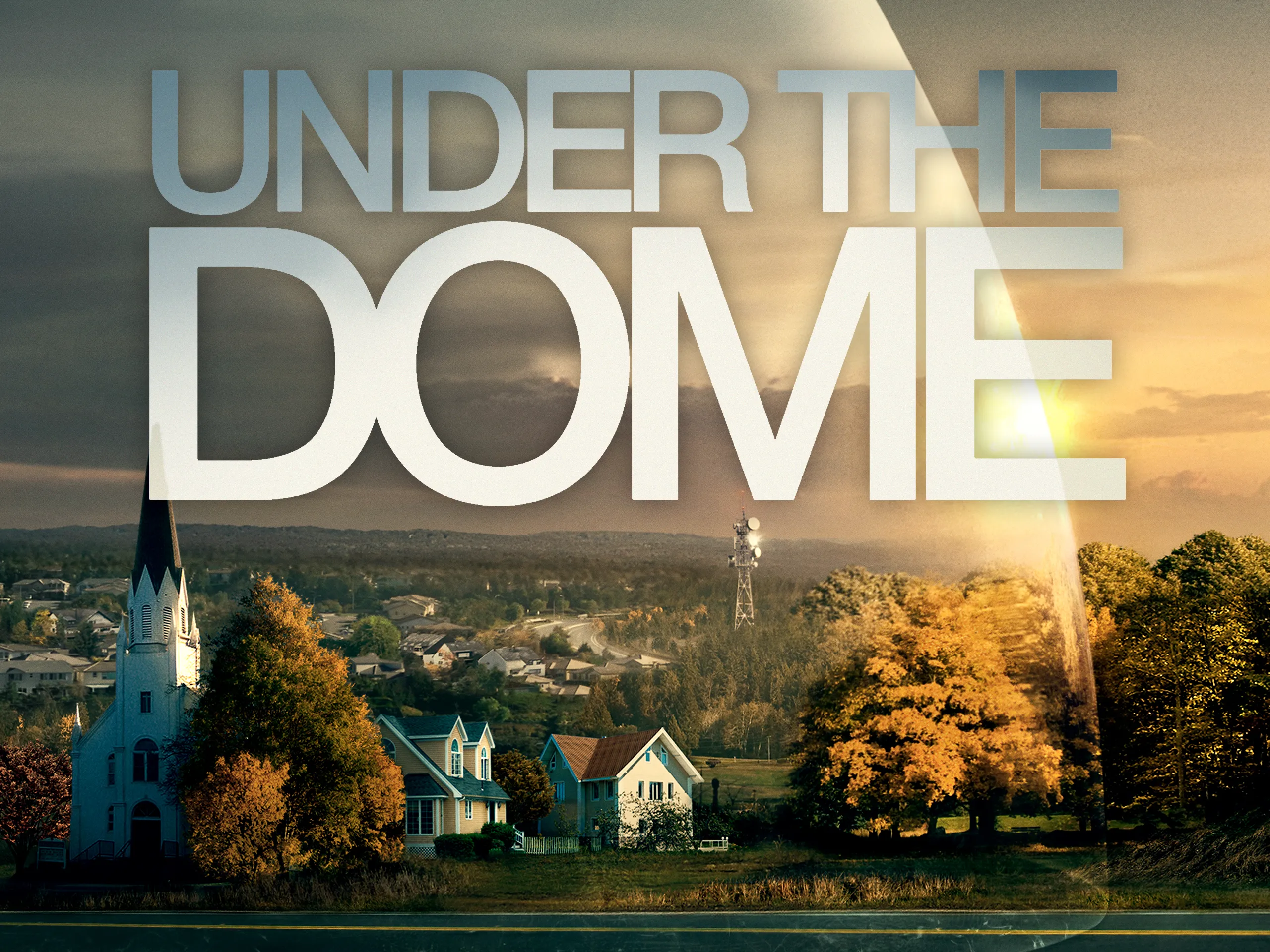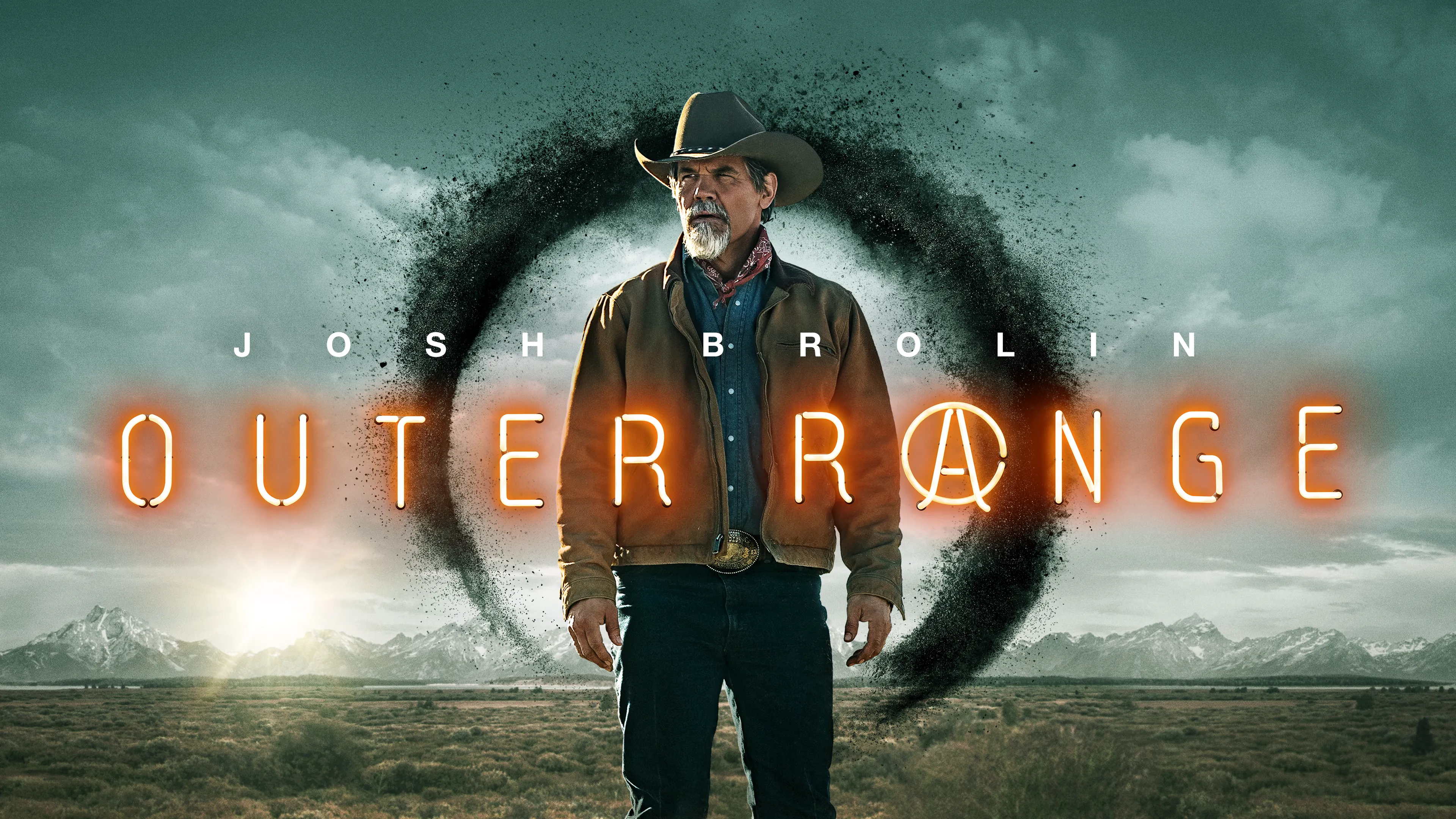L.I.E. (2001), directed by Michael Cuesta, is a bold and unsettling coming-of-age drama that explores themes of loss, loneliness, and moral ambiguity. The film follows 15-year-old Howie (Paul Dano), a troubled teenager living on Long Island, who is struggling with the recent death of his mother and the neglect of his self-absorbed father. As he drifts into delinquency with his reckless friend Gary (Billy Kay), Howie’s life takes a dark and unexpected turn when he crosses paths with Big John Harrigan (Brian Cox), an older man with a disturbing past.
What makes L.I.E. so compelling is its fearless storytelling and unflinching look at difficult subject matter. Instead of taking a sensationalized approach, the film crafts a deeply nuanced and character-driven narrative that challenges the audience’s perceptions of morality. Big John, portrayed with chilling complexity by Brian Cox, is both menacing and strangely paternal, creating a dynamic that is as unsettling as it is thought-provoking.

Paul Dano delivers a breakout performance as Howie, capturing the confusion, vulnerability, and quiet resilience of a boy navigating an unstable world. His portrayal is deeply authentic, making the emotional weight of the story feel incredibly real. The film carefully explores Howie’s journey of self-discovery, loneliness, and his desperate need for connection in a world that often fails him.
The cinematography and setting of L.I.E. add to its haunting atmosphere. The film presents the seemingly quiet suburban landscape of Long Island as a place of hidden darkness and unspoken truths. The Long Island Expressway (L.I.E.), after which the film is named, serves as a powerful metaphor for the characters’ lives—full of detours, dead ends, and dangerous paths.

One of the most striking aspects of the film is its refusal to provide easy answers. Rather than painting its characters in black and white, L.I.E. delves into the grey areas of human nature, forcing viewers to grapple with their own discomfort and moral judgments. The film’s power lies in its ability to challenge conventional narratives about good and evil.
The relationship between Howie and Big John is at the heart of the film, layered with tension, unease, and unexpected moments of genuine care. While John’s character is deeply troubling, his interactions with Howie also reveal the emotional voids that both characters are trying to fill. This complexity makes L.I.E. an unsettling yet deeply engaging film.

Despite its dark themes, L.I.E. is not just a film about danger and exploitation—it is also a story about resilience and personal growth. Howie’s journey is one of painful but necessary transformation, as he learns to navigate the harsh realities of life and ultimately take control of his own fate.
In conclusion, L.I.E. is a daring and emotionally charged film that lingers in the mind long after the credits roll. With exceptional performances, masterful direction, and a script that refuses to shy away from uncomfortable truths, it is a thought-provoking exploration of adolescence, vulnerability, and the complexities of human relationships.




